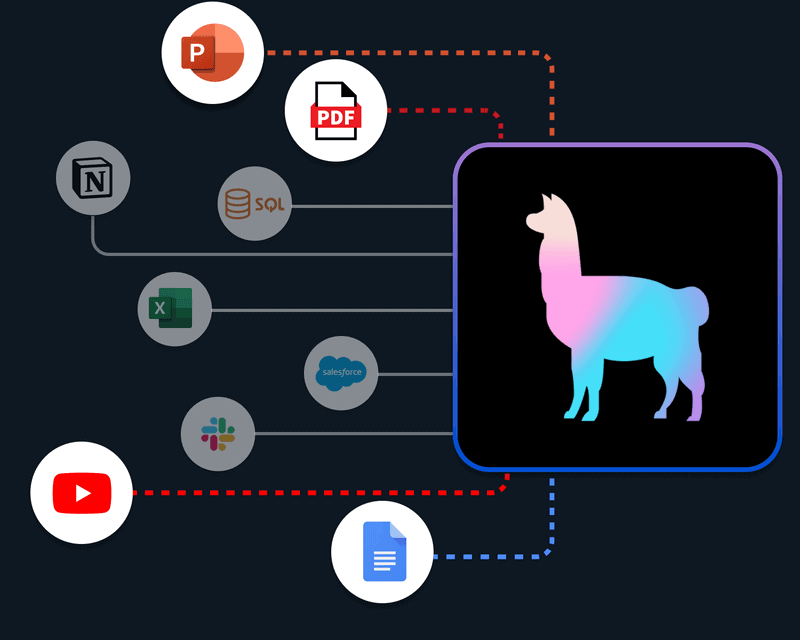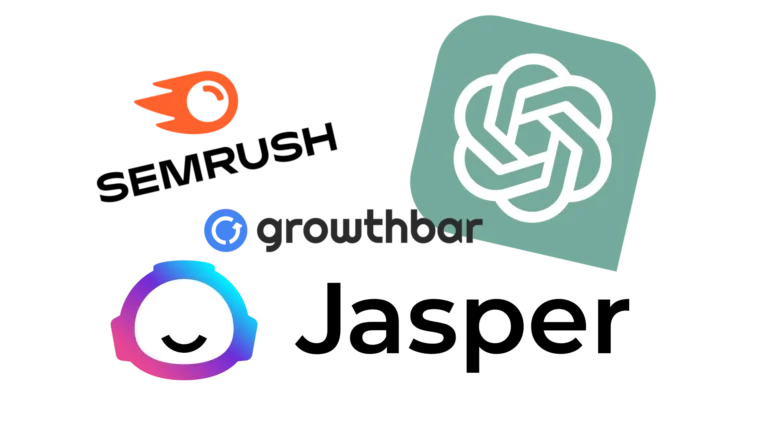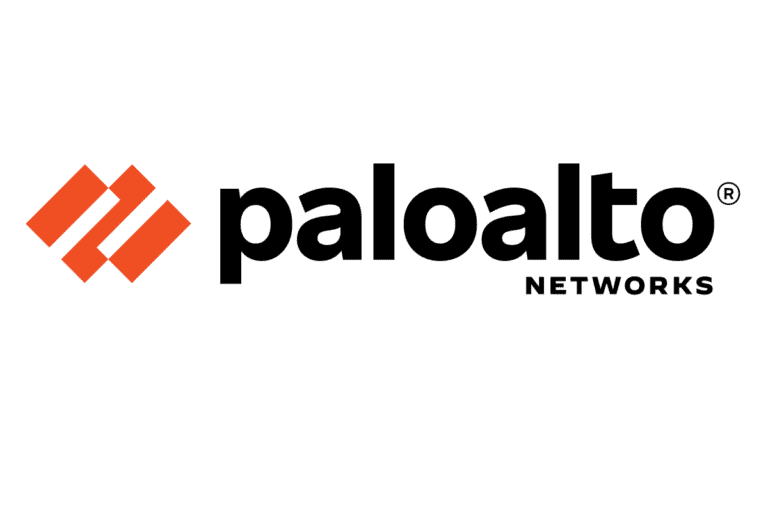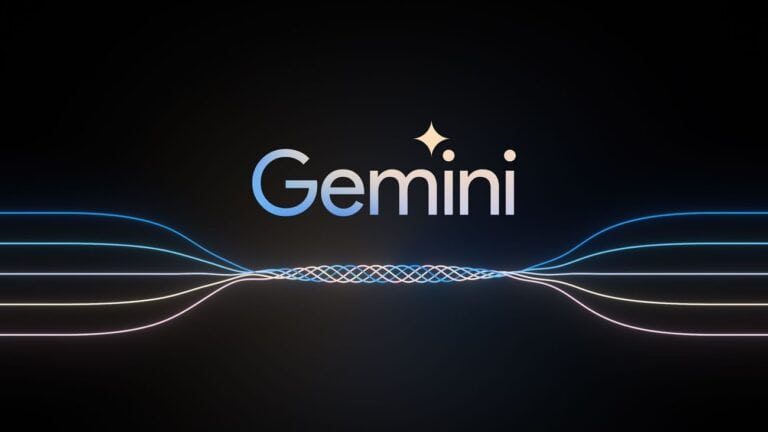When building RAG (Retrieval-Augmented Generation) or LLM-powered applications, two of the most popular open-source frameworks are LangChain and LlamaIndex. Both aim to make it easier to connect large language models (LLMs) with external data, but they serve slightly different purposes.
Langchain, often described as a comprehensive framework, provides a wide array of functionalities for building and deploying LLM applications. It’s particularly favored by those seeking a robust and versatile environment for their AI-driven projects.
On the other hand, LlamaIndex shines in its specialized focus on indexing and retrieval. It’s a go-to choice for applications that demand high efficiency in these areas. Users appreciate its streamlined approach, which exposes core functions of RAG LLMs in a minimalistic yet effective manner.
This guide breaks down their differences, strengths, and best use cases so you can choose the right one for your project.
What They Are
- LangChain
- A workflow orchestration framework for LLMs.
- Helps developers chain together prompts, tools, and agents into complex pipelines.
- Focuses on agents, tool use, and multi-step reasoning.
- LlamaIndex
- A data framework for connecting LLMs with external knowledge.
- Specializes in indexing, retrieval, and querying structured/unstructured data.
- Focuses on RAG pipelines and efficient knowledge access.
Side-by-Side Comparison
| Feature | LangChain | LlamaIndex |
|---|---|---|
| Primary Focus | Workflow orchestration, agents, tool use | Data ingestion, indexing, retrieval |
| Best For | Complex LLM workflows, multi-agent systems, tool integration | Retrieval-Augmented Generation (RAG), knowledge management |
| Data Handling | Can connect to data sources but less optimized for indexing | Optimized for building indexes (vector, graph, keyword) |
| Agents | Strong support for autonomous agents with tool use | Limited agent support (focuses more on retrieval) |
| Integrations | Wide ecosystem: APIs, databases, vector stores, tools | Strong with vector DBs, structured/unstructured data |
| Learning Curve | Steeper (more moving parts, complex abstractions) | Easier for RAG-specific use cases |
| Community & Ecosystem | Larger, broader adoption, many tutorials | Growing rapidly, strong in RAG niche |
| Performance | Flexible but may require optimization | Highly optimized for retrieval pipelines |
| Use Cases | Chatbots, autonomous agents, multi-step workflows | Document Q&A, enterprise search, knowledge assistants |
🏆 Strengths
LangChain
✔️ Best choice for complex LLM workflows.
✔️ Strong agent + tool integration (e.g., calculators, APIs, databases).
✔️ Large ecosystem and community support.
LlamaIndex
✔️ Best choice for RAG pipelines and knowledge retrieval.
✔️ Easier to implement for document Q&A and enterprise search.
✔️ Optimized data connectors and indexing strategies.
💡 Which One Should You Choose?
- Choose LangChain if:
- You need autonomous agents or workflows that combine multiple tools.
- You’re building multi-step reasoning apps (e.g., research assistants, trading bots).
- You want flexibility and don’t mind a steeper learning curve.
- Choose LlamaIndex if:
- Your app is data-heavy (document search, enterprise knowledge systems).
- You need fast, efficient retrieval from structured/unstructured sources.
- You want a simpler path to RAG without building complex workflows.
🔮 Future Outlook (2025 and Beyond)
- LangChain is evolving into a general-purpose LLM orchestration hub with focus on agents.
- LlamaIndex is doubling down on retrieval efficiency and hybrid search (vector + symbolic).
- Many real-world apps actually combine both:
- LlamaIndex for data ingestion/retrieval.
- LangChain for orchestration and agent reasoning.
✅ Bottom Line:
- Use LlamaIndex if your priority is connecting LLMs to your data.
- Use LangChain if your priority is building complex workflows and autonomous agents.
- For many production apps, the best solution is to integrate both.
Langchain vs. Llama Index
| Feature | Langchain | Llama Index |
|---|---|---|
| Primary Purpose | Building applications powered by large language models (LLMs) | Enhancing LLMs for efficient search and retrieval |
| Strengths | Flexible, versatile, customizable, supports diverse LLMs, advanced context-awareness | Fast, efficient, accurate, ideal for large data sets, simple interface |
| Weaknesses | Steeper learning curve, complex for beginners, resource-intensive for complex applications | Limited to search and retrieval tasks, less flexibility in customization |
| Use Cases | Chatbots, virtual assistants, knowledge bases, personalized learning platforms, creative writing tools | Document search, code generation, customer service chatbots, content filtering |
| Ease of Use | Moderate | Easy |
| Documentation | Extensive | Good |
| Open Source | Yes | Yes |
| Cost | Free | Free |
Additional Notes:
- Langchain is a more general-purpose framework, while Llama Index is specifically designed for search and retrieval tasks.
- Langchain offers more flexibility and customization, while Llama Index is easier to use and more efficient.
- The best choice for you will depend on your specific needs and priorities.
Key Takeaways
- Langchain and LlamaIndex: Both are powerful tools for leveraging large language models (LLMs) in applications, but they serve different purposes and have unique strengths.
- Optimization and Efficiency: LlamaIndex excels in optimized indexing and retrieval capabilities, making it ideal for applications requiring efficient search and retrieval.
- Framework vs Tool: Langchain is a complete framework for building LLM applications, offering a broader range of functionalities compared to LlamaIndex, which is more focused and streamlined.
Practical Applications and User Experiences
From Reddit discussions, it’s evident that users value both Langchain and LlamaIndex for different reasons. Langchain is often recommended for beginners due to its comprehensive nature and ease of use. It’s like a walkthrough tutorial, offering a gentle introduction to the world of LLMs.
LlamaIndex, while newer and with less documentation, is praised for its straightforward approach to RAG functionality. It’s seen as a more focused tool, ideal for those who have specific requirements around indexing and retrieval.
Comparing Features and Capabilities
Langchain
- Comprehensive Framework: Offers a wide range of tools and functionalities for LLM applications.
- Flexibility and Control: Users have more freedom to customize and tweak their applications.
- Ideal for Beginners: Provides a user-friendly introduction to LLMs.
LlamaIndex
- Optimized Indexing and Retrieval: Excellently handles search and retrieval tasks.
- Streamlined and Focused: Exposes essential RAG LLM functions efficiently.
- Newer with Growing Documentation: Continuously evolving with an expanding user base.
Real-World Scenarios and Developer Insights
Developers on Reddit have shared their experiences and preferences. Some started with Langchain but moved to their own implementations for greater control and customization. Others prefer LlamaIndex for its efficiency in specific tasks like indexing and retrieval.
Cost and Efficiency Considerations
When it comes to cost and efficiency, both tools have their merits. Langchain’s broad functionality might be more appealing for comprehensive projects, while LlamaIndex’s specialized nature could offer cost benefits for projects focused on retrieval and indexing.
Latest Technological Advancements
Both Langchain and LlamaIndex are evolving rapidly, incorporating the latest advancements in AI and machine learning. This continuous development ensures that they remain relevant and effective for modern LLM applications.
External Resources and Further Reading
For those interested in diving deeper, there are numerous resources available online. Blogs, forums, and official documentation provide a wealth of information for both Langchain and LlamaIndex.
- Langchain vs Llama Index: Detailed Comparison
- LlamaIndex vs LangChain: Building LLM-Powered Apps
- Understanding LlamaIndex and LangChain
FAQ Section
What is the main difference between Langchain and LlamaIndex?
Langchain is a comprehensive framework offering a wide range of tools for LLM applications, while LlamaIndex specializes in optimized indexing and retrieval.
Is Langchain suitable for beginners?
Yes, Langchain is often recommended for beginners due to its user-friendly nature and comprehensive features.
Can LlamaIndex be used for applications beyond indexing and retrieval?
While LlamaIndex is optimized for indexing and retrieval, it can be used in other aspects of LLM applications, especially when combined with other tools.
How do Langchain and LlamaIndex handle updates and new features?
Both tools are continuously evolving, incorporating the latest advancements in AI and machine learning to stay relevant and effective.
Are there any resources for learning more about Langchain and LlamaIndex?
Yes, there are numerous online resources, including blogs, forums, official documentation, and YouTube videos, for those interested in learning more about these tools.






